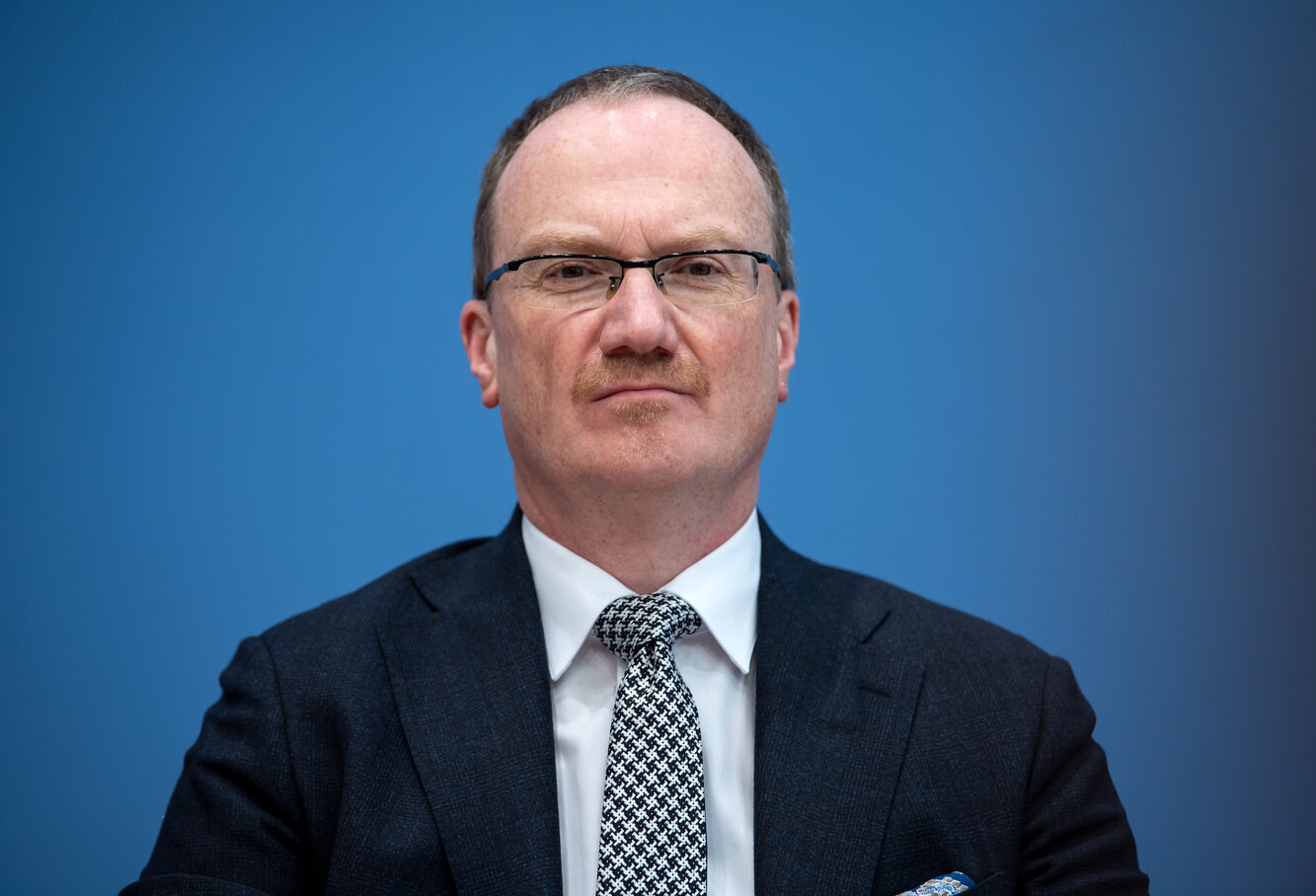Lars Feld head of the so-called 'economic wise men council', told the German Press Agency that the advisory body would revise its growth forecast for the current year downward.
In an assessment published in November, the council forecast that gross domestic product would grow by 3.7 percent in 2021.
But Feld now warns that “a three before the decimal point is still possible if further border controls are avoided and there are gradual openings after the lockdown”.
Last year, economic output slumped by 5.0 percent.
Given the grim economic outlook, business associations such as the Association of German Chambers of Industry and Commerce (DIHK) have been demanding that the government announce an opening plan for the economy.
But Feld said that the emergence of new coronavirus variants added an uncertainty that would have economic repercussions.
“You can draw up all kinds of plans, but if a third wave of infections comes, these plans will be irrelevant,” said Lars Feld.
Other experts have been pleading with the government not to keep the lockdown in place for too long.
Bernd Fitzenberger, director of the Institute for Employment Research (IAB), warned of the effects of a possible extension.
“If a further extension of the lockdown were necessary from an epidemiological point of view, this would delay the economic recovery,” he said.
Fitzenberger referred to an IAB survey, according to which “just under a quarter of companies have reported that their liquid assets will only last for up to four weeks”.
“It is therefore all the more important that they are not left out in the cold and that state aid also arrives locally and takes effect,” Fitzenberger said.
The DIHK, meanwhile, is advocating a fresh start for economic life “according to uniform criteria throughout Germany with comprehensible rules for companies.”
The umbrella organisation of the 79 chambers of industry and commerce has sent a series of proposals to Minister of Economics Peter Altmaier (CDU) .
The proposals foresee, among other things, that antigen tests could lead the way in reactivating economic life in areas that are currently hard hit.
“The goal is to enable an economic opening soon, especially where personal, preferably digital, tracking is possible,” the proposal states, according to a report in the Rhine Post.
READ MORE: Germany makes new prediction for jobs and economy in 2021



 Please whitelist us to continue reading.
Please whitelist us to continue reading.
Why are so many other countries ahead of the game when it comes to giving people the vaccine? I’m so surprised and disappointed that I will not receive the vaccine in Germany (even if I wish to pay for it and thousands of doses are wasted daily) until September 2021.
Germany is now saddled with two very heavy bags when it comes to vaccinating its population. Firstly, it has chosen to ivest heavily in the thoroughly burocratic purchase of buying and delivering through the EU, which is headed by a fairly new substance-less and soundbite-heavy EU Commission. Secondly it has sounded out far too early against companies charged with producing and delivering enormous amounts vaccine in an unprecidented quantity and time-frame; thus causing more reservations in an already complaint-inclined population. In a culture where making any kind of mistake is tantamount to being immediately consigned to the rubbish dump of public opinion, there is no room for innovation or dynamism to solve the problem.